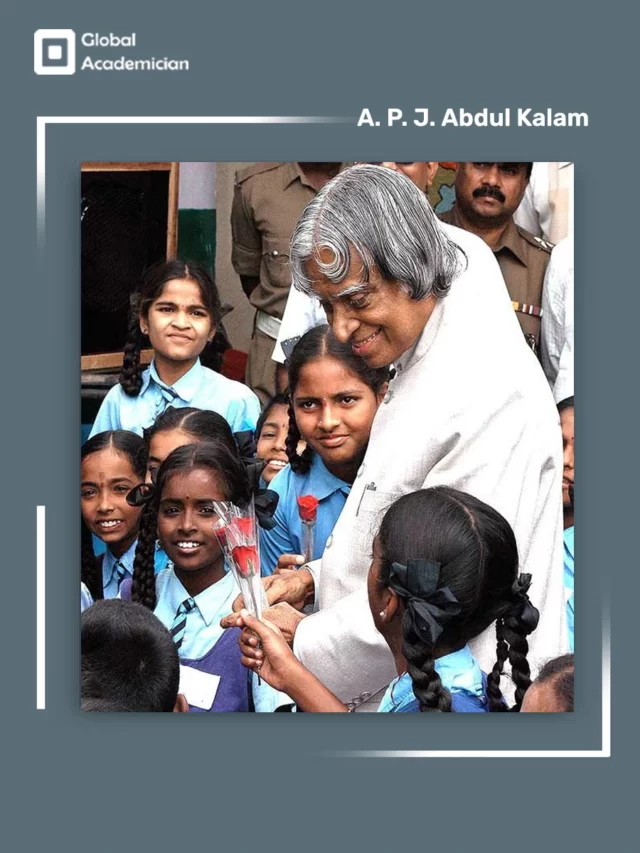Aspirants preparing for top-tier competitive exams like IIT-JEE and NEET-UG are required to have a thorough knowledge of the exams, conducting body, syllabus, and other aspects related to them. Often students wonder about NCERT or CBSE and ask questions like – are they both same or different? Which one is difficult and which one is better? Here in this article, we are going to answer these questions and explain the basic difference between NCERT and CBSE to remove any confusion you might have.
About NCERT?
NCERT – stands for National Council of Education, Research and Training is the education resource organization established by the Indian government and has been attributed the responsibility of development and distribution of the curriculum textbooks for primary and secondary education. It was founded in 1961 to develop and promote a common educational system nationwide that is both uniform and allows promoting different cultures of the country. NCERT publishes textbooks for grades 1st to 12th in addition to providing sample question papers, newsletters, digital schooling kits, and other educational materials that are used by the government and private schools across India.
About CBSE?
CBSE – stands for Central Board of Secondary Education also known as ‘Kendriya Madhyamik Shiksha Board’ in Hindi is the Indian government established National-level board of education for public and private schools in India and several foreign countries. Every year, the CBSE conducts final examinations for classes 10th and 12th in the month of March and declares results for the same in May. In addition to conducting examinations, the board is also responsible for prescribing the conditions for exam conduction and issuing qualification certificates to qualified candidates via affiliated schools.
There are approximately 26,054 CBSE-Affiliated schools in India 1,138 Kendriya Vidyalayas, 595 Jawahar Novodaya Vidyalayas, 16,741 Independent Schools, 3,011 Government Schools, and 14 Central Tibetan Schools. In addition, there are also 240 CBSE-Affiliated schools in 28 foreign countries across the world.
NCERT vs CBSE:
| NCERT | CBSE |
| Curriculum and textbook publishing body | Exam conducting and governing body |
| Established in 1961 | Established in 1962 |
| Official Website: http://www.ncert.nic.in/ | Official Website: https://www.cbse.gov.in/ |
| Serve as a coordinating body for achieving the goal of universalization of education throughout the country. | Develop and establish new academic approaches to make education student-centered, stress-free, and holistic without compromising on quality. |
| Develop and publish academic textbooks, question/sample paper, supplementary material, newsletters, journals, educational kits, and digital education material. | Prescribe the exam conditions and conduct final exam every year for 10th & 12th standards and issue qualification certificates to qualified students via schools. |
Relation between NCERT and CBSE:
- Complementary Syllabus: Despite having distinct roles and functions, CBSE and NCERT are closely linked. CBSE mandates that all of its affiliated schools adhere to the NCERT syllabus.
- NCERT Preparation: NCERT is responsible for developing approximately 90% of the textbooks that CBSE recommends for its affiliated schools. This means that CBSE heavily relies on NCERT for the educational materials it provides.
- CBSE Board Exam Questions: The questions posed in CBSE board exams for both Class 10 and Class 12 are primarily drawn from NCERT textbooks. In some cases, the questions are directly based on NCERT content.
- Subject-Specific Impact: In Class 12, subjects like Biology, Inorganic Chemistry, and Organic Chemistry often have questions that are directly sourced from NCERT textbooks in board exams.
- Mathematics and Physics: NCERT textbooks, exemplars, and solutions serve as valuable resources for solving numerical problems that appear in Math and Physics board exams.
- Competitive Exams: Beyond CBSE board exams, the National Testing Agency (NTA) relies on the syllabus of Class 11 and Class 12 NCERT textbooks for competitive exams like IIT-JEE and NEET.
This close alignment between CBSE and NCERT emphasizes the significance of NCERT materials in the education system, from board exams to competitive entrance tests
Which is difficult and better – NCERT or CBSE?
As mentioned above, NCERT or CBSE both are complementary to each other. The former is the top-most exam conducting body and the latter is the publishing organization, both are established and run by the Indian government. If you are preparing for CBSE board exams or competitive exams like JEE or NEET, you cannot afford to ignore NCERT textbooks. Your exam questions will be directly or indirectly based on the NCERT syllabus. Of course, you can take help from other reference books as well, as NCERT is a little difficult to understand, but those books should be used in addition to NCERT. Learn every line from NCERT, solve every question and example problem given with the concept applied from your NCERT textbooks, once done, you can use other books to ace your preparation.
Hope this article will help in clearing your doubts and confusion regarding NCERT or CBSE.
Recommended Read:
- Kota Coaching Center Guidelines: 21-Day Gap Between Tests and Mandatory Off Days
- NTA Releases 2024-25 Exam Calendar for JEE, NEET, CUET, and UGC-NET
- CBSE Single Girl Child Scholarship 2023 for Class 10
- University Rankings 2024: IISc Tops in India; Oxford University Claims Global Throne
- Time Management: Your Secret Weapon for Achieving Academic Success
To stay ahead and stay informed about the latest educational updates, trends, and insights, we invite you to subscribe to our newsletter and regularly explore our blog. You can also connect with us on our Facebook Page to join our educational community at Global Academician. Join us on these platforms and embark on a journey of continuous learning and knowledge sharing.





